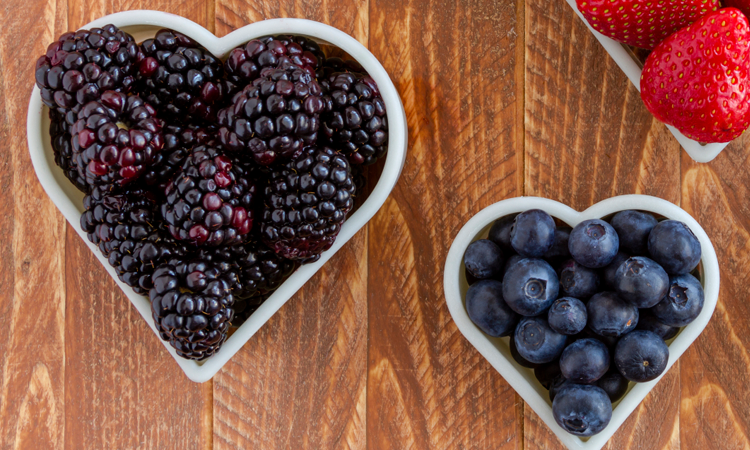
By 2030, cancer is expected to surpass heart disease as the main cause of death among Americans.
What we are learning about cancer is that it is a silent resident in our bodies. For many years, cancer is dormant. In fact, most people in their 20s are walking around with cancer and don’t even know it. This data comes from a series of autopsy studies that were conducted in adults. Because cancer hibernates for years, it isn’t detected until it becomes active.
Cancer cells wait for optimal conditions—a suppressed immune system, acquired genetic mutations, chronic inflammation, and toxic exposures—to occur in the body so it can wake up and thrive. In my latest book, the Gene Therapy Plan, which will be published in April 2015 by Viking, I discuss how environmental factors like diet, stress, and pollutants change our genes. Epigenetics is a revolutionary science that explains how these genetic modifications are possible. Epigenes are chemical markers that switch genes on or off. For instance, long-term exposures to external influencers like poor diet and smoking trigger epigenes to deactivate tumor suppressor genes that block cancer.
One essential difference between normal cells and cancer cells is apoptosis—cell death. Normal cells die, plain and simple. This death needs to happen to make room for newer, healthier cells. But cancer cells are tenacious: They continuously divide and don’t die. Cancer cells are equipped with machinery that allows them to balloon into tumors, infiltrate organs, and spread to distant tissues.
Researchers show that a precancer gene mutation may be linked to the development of lymphomas, leukemias, and other blood cancers.1 The researchers sequenced the genes of study participants to identify the initial mutation in these blood cancers. Three gene mutations were found. These mutations were also associated with an increased risk for blood cancer development. Furthermore, the findings revealed that the risk among those with these mutations had an increase risk for developing heart attacks and strokes.
This study demonstrates the role of genes in cancer development. While genetic tests may identify cancer-causing mutations, people shouldn’t wait on a test to implement lifestyle changes that’ll prevent cancer. In my book, I recommend myriad ways in which you can prevent or reverse cancer through dietary changes.
Whether you have these cancer-triggering gene mutations or not, there are many things you can do to prevent cancer. Add these foods to your armamentarium to fight against cancer. The following foods are loaded with nutrients, anti-inflammatory molecules, and antioxidants that target cancer and promote overall wellness:
- Omega-3 fatty acids boost the body’s detoxifying enzymes to bolster immunity and fight cancer. Good sources include cold-water fish like salmon and seeds like flaxseed and pumpkin seed.
- Black raspberries comprise nutrients that activate tumor-suppressor genes to kill cancer cells
- Resveratrol triggers cancer cell death and this compound can be found in red wine, blueberries, and grapes.
- Turmeric is the spice that contains curcumin, which gives curry dishes its yellow color. Curcumin slays cancer cells in numerous ways—sensitizes cancer cells to drugs, promotes apoptosis, prevents cancer spread. In fact, researchers have identified about 20 ways in which curcumin blocks cancer.
- EGCG is a nutrient in green tea that also kills cancer cells and turns on cancer-blocking genes.
Our genes can be modified to flip the switch on cancer on the basis of what we eat. Choose these healthy foods. For an expansive list of foods, my book has an entire chapter dedicated to cancer-fighting foods. In the meantime, please visit my website www.genechanger.com for more information about my Gene Therapy Plan (GTP) and sign up for the GTP newsletter.
Resources:
1. Jaiswal S, Fontanillas P, Flannick J, et al. Age-Related Clonal Hematopoiesis Associated with Adverse Outcomes. New England Journal of Medicine.
This article “5 Cancer-Fighting Foods” by Mitchell L. Gaynor, MD was originally posted on the Gaynor Integrative Oncology. To read the original article, click here.
To find out about Rose’s thoughts on how to live a happier life, click here


